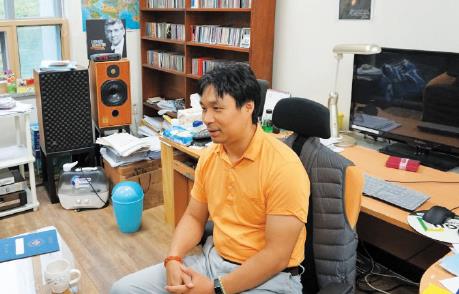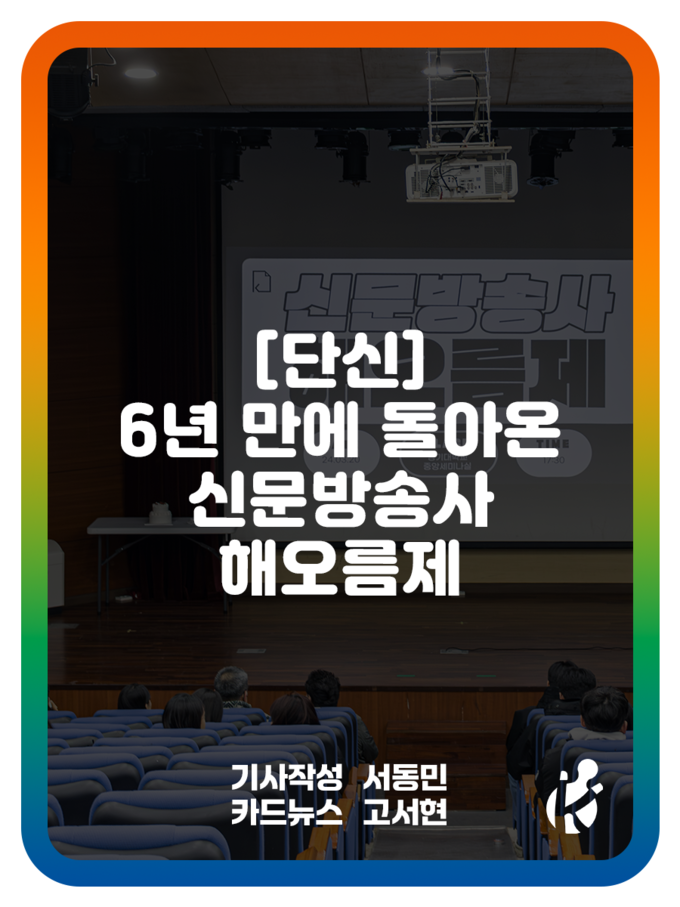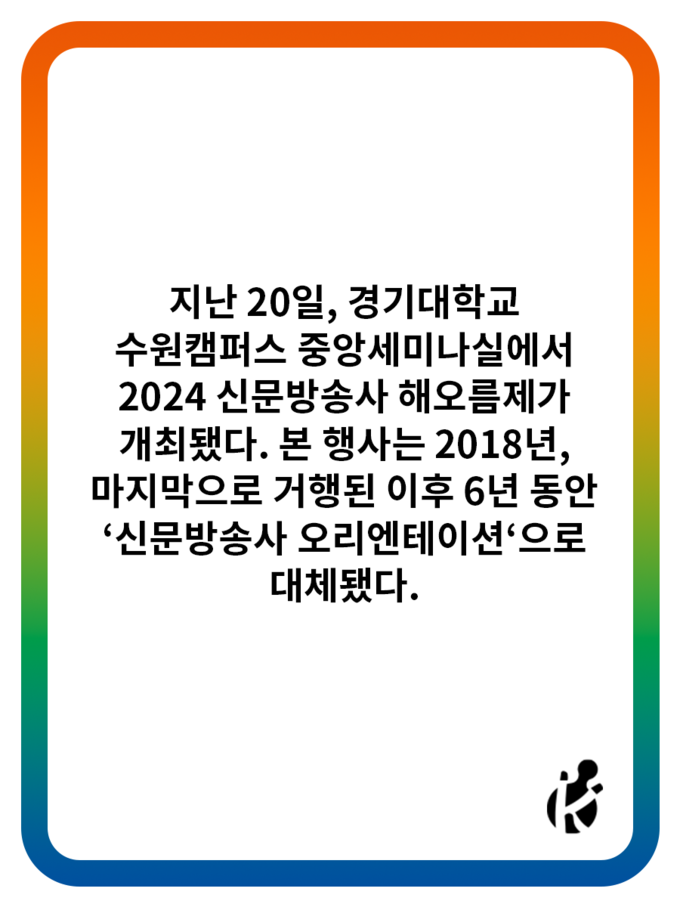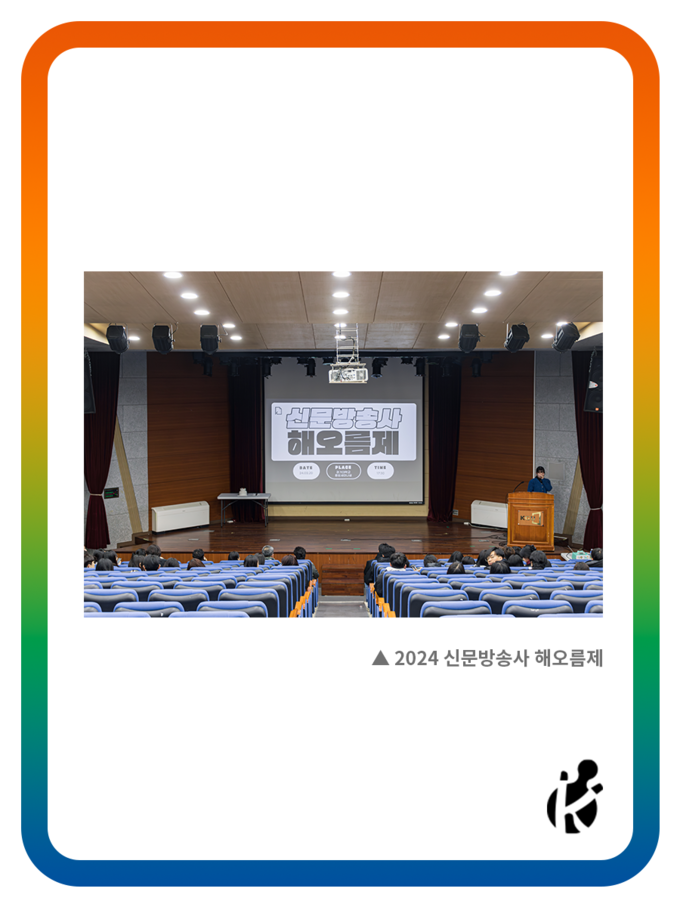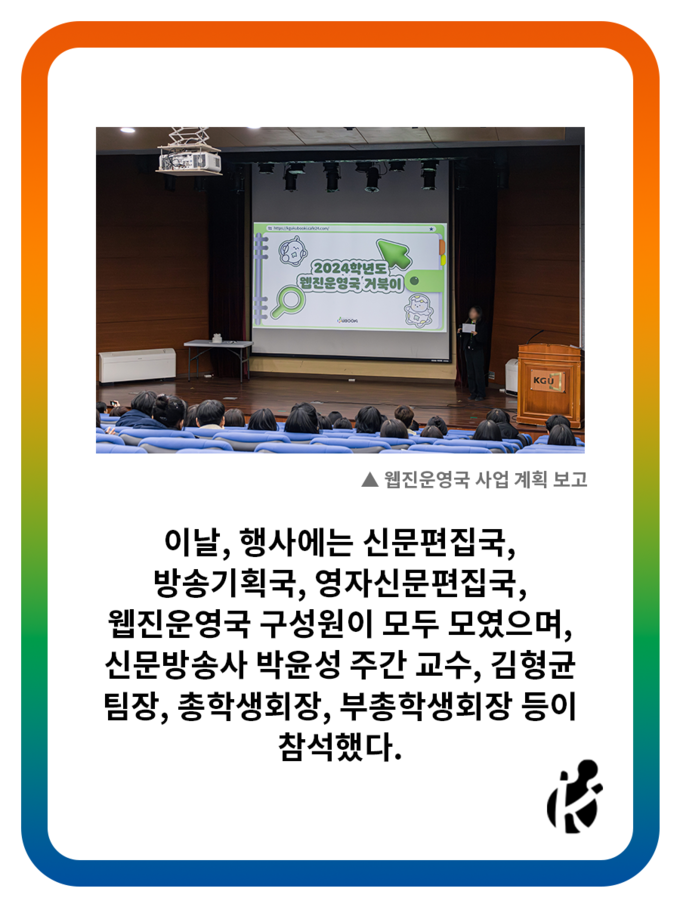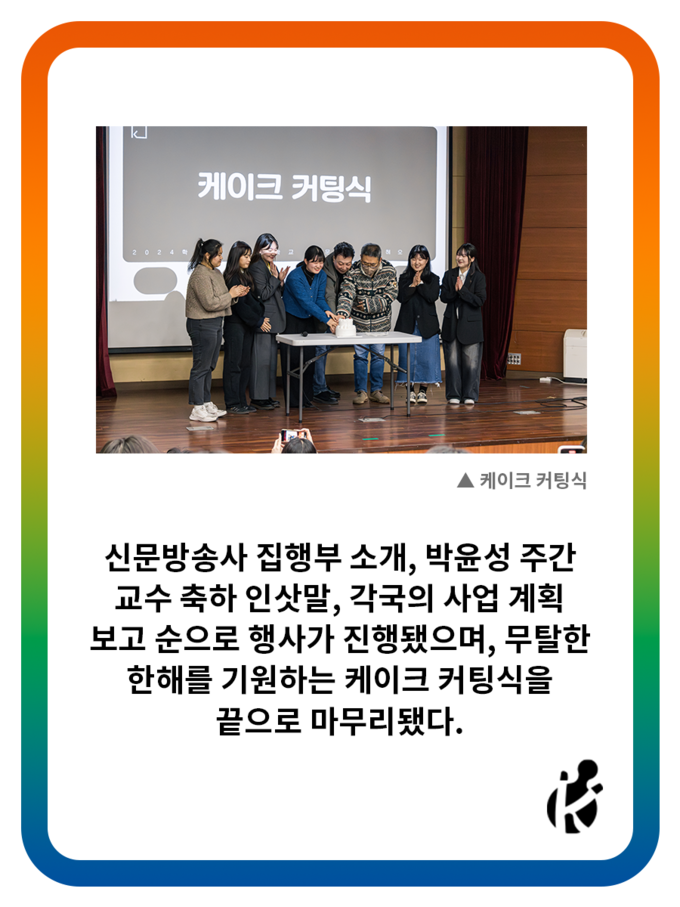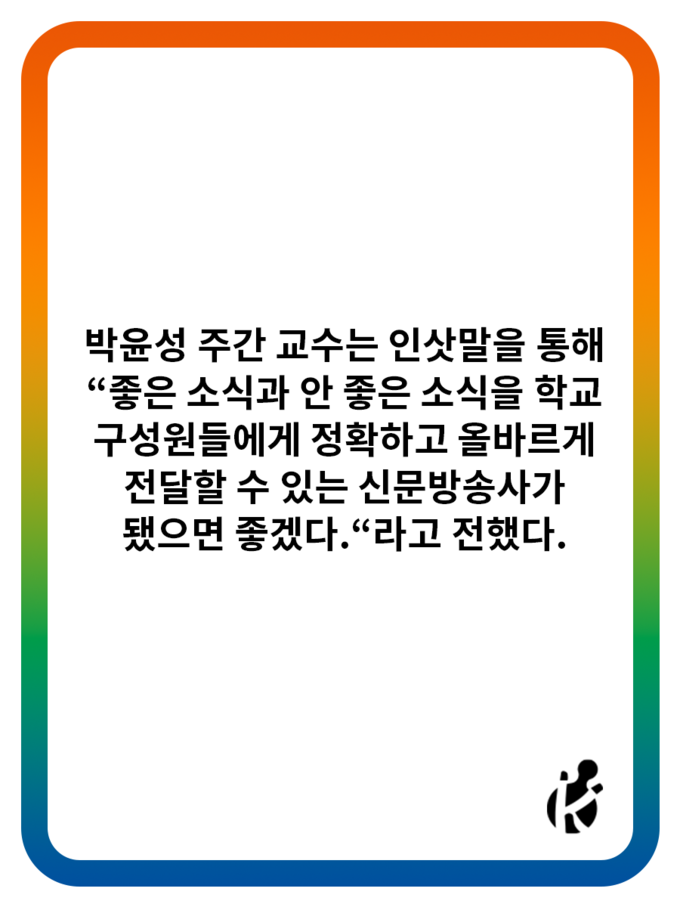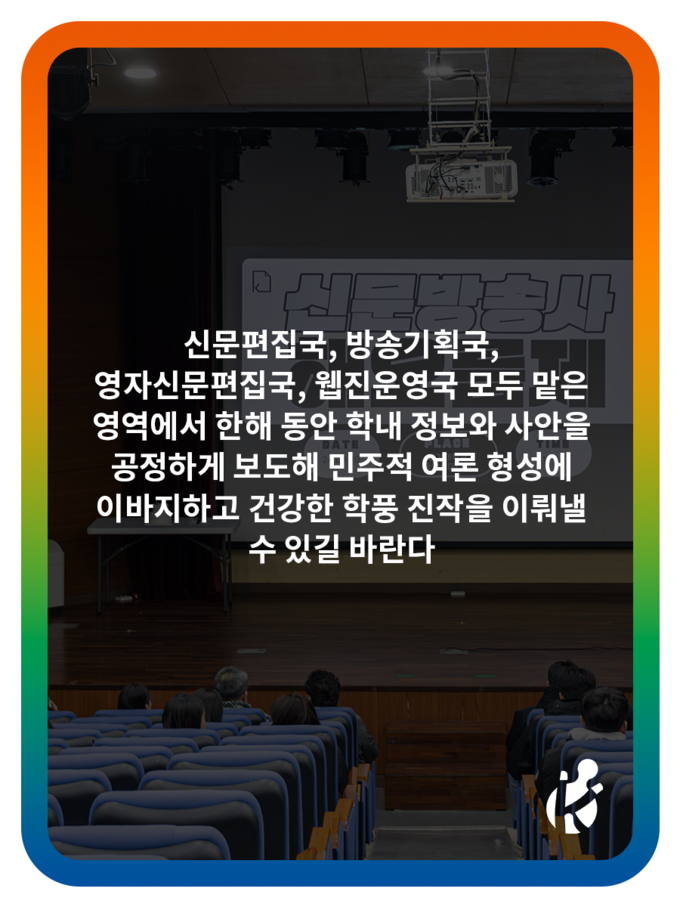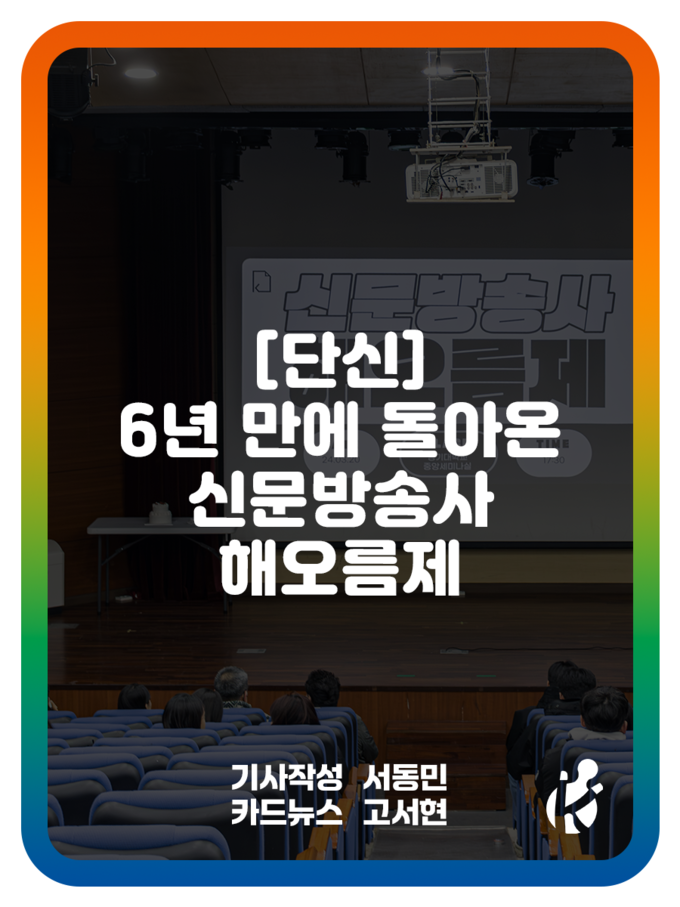During the examination period, the university suffers from a lot of cheating. At this time, there are posts on the Kyonggi University community website to complain about cheating. Students sometimes witness cheating, and then they report it to the community. Especially in large lecture classes that have many learners, cheating is often seen and sometimes it is organized cheating. Unfortunately, it is a reality that cheating is occurring in many classes regardless of subject and major, and in particular in large lecture classes. Although cheating is being discovered, the internal and external crackdown is not working properly. For that reason, many students are suffering. Let's find out about the actual cheating situation.
Cheating practices are quite varied during tests. Some students hide smartphones under their desks, or boldly put smartphones on their desks. Also, they make a cheating paper. In the case of group cheating, several students share their answers through speech or hand signs. Moreover, in serious cases, despite having seen the cheating act or having received a report, the professors have not responded. They do not give F's to cheaters, but suggest retests or forgive them after confessions. These irresponsible acts break the morale of students who studied hard. The biggest cause of cheat that the number of students who are assigned to each professor is absurd, and the number of assistants who can supervise exams is very low. In addition, large-scale lectures unavoidably have the problem of giving objective tests, and the management and supervision of professors are also neglected. Is there not a solution to college cheating?
To hear from students about university test cheating, the Pharos conducted an online survey from July 4 to July 6, 2017. This survey was participated in by 123 students of Kyonggi University and their responses are as follows.
After entering college, cheating was relatively low with only about 10% of the students having cheated. Thirteen students admitted trying it, and we were surprised by the fact that they gave an honest and unexpected answer. Next, there were 63 students, a majority, who had the experience of seeing cheating behavior. Of the respondents, 52.4% (33 of 63) said, "I was embarrassed and unable to take any action," followed by 14 students who said, "I reported it to my professor." Only
one student took direct action answering, "I told the person to quit." As for the causes of cheating, 1/3 of the respondents chose "simple lack of conscience." The most common issues related to the school system were "insufficient examination supervision," followed by the "indifferent attitudes of professors," and "minor penalties and responses." As a solution, students recommended "intensive punishment" with 44 students answering in this way. The number of students who chose "increase the number of people who can supervise the exams by using senior students and assistants" was also high at 35 students. A total of 118 students answered "yes" to the question of whether cheating directly negatively affected other students. In the written responses, students mentioned cheating methods such as writing answers on a piece of paper or a desk, taking pictures on a smartphone before the test, and verbally sharing their answers with friends. There were a few other
opinions such as "no matter how much they cheat, they will not be able to surpass students who study hard." However, a major criticism was that the punishment of cheaters was not strong enough and that the university must maintain its dignity.
One student from among the many survey participants wanted to anonymously share his experiences. This anonymous source studied international trade by taking Professor Kim Hyun-ji's "International Transportation Logistics Theory" class in the first semester of 2017. During the midterm exam, one student looked at printed material and cheated. The professor, after discovering the cheating act, took the test paper from the student and said, "You're going to receive an F. Also, don't have to come to this class after the midterm exam." However, the student who was disqualified during the exam, attended the class the next week. The professor said, "You have already been given an F, so you don't have to come to class anymore." At the time of the final exam, cheating did not appear in the class. An anonymous source said, "I think that the professor's strong interest and hard-line response were ways to prevent cheating."
Not only this anonymous informant, but also many students may think the role of professors is important in treating cheating. Therefore, on July 10th, the Pharos had an interview with Park Yoon-hwan, a professor in the Department of Public Administration, to find out the professor's opinion about cheating.
Interview
Q. What do you think professors should do about students'
cheating?
As means of communication like SNS and smartphones are developing, just looking around secretly is not the main method of cheating any more. We must have our eyes on the use of electronic devices and pay attention to students' accusations. Professors have to accept suggestions about test administration more actively.
Q What's the cause of cheating and the solution to the
problem in your opinion?
Cheating occurs because of deficient studying, but there's a definite problem related to this society's grade supremacy. If students think that getting a grade is one part of the process of learning what they want to learn, cheating will make them ashamed and an honest atmosphere will be created. What professors can do to prevent cheating is to make up hard questions which cannot be solved without thinking for the test, not just ones requiring memorized responses. Making students state their own views as answers on an open-book test can be one solution.
Q Do you have anything else to say additionally?
When the exam starts, there arises some ambiguity about accusing others of cheating to professors or exam supervisors. Students and professors can lessen this discomfort thorough prevention if there seems to be any cheating possibility before the exam. I also want to talk about large classes. The bigger the size of the class, the lower the quality of the lectures and exams, so it is necessary to require the school to have the appropriate number of class members. Lastly, to prevent cheating in exams, it would be good to create an online complaint center temporarily during exam periods. The school's participation by accepting anonymous suggestions about classes in which cheating occurs is expected to help cheating prevention.
Judging from the students' and professors' opinions above, cheating is a matter that must be reformed, and this can only be accomplished by changing the neglectful attitude that many people have had toward this important issue. Now, we realize that cheating occurs not only because of individual defects such as cheaters' lack of conscience and professors' connivance but also the exam system's weaknesses like the deficient number of exam supervisors and minor punishment. Also, the students in one class should be the proper number for a professor to control, and if there are too many students taking a test, it is necessary to make compensatory efforts such as introducing supplementary manpower according to the number of students. It is time to preserve the learning atmosphere of our university, and we should no longer let one rotten apple spoil the barrel.
 Shall We Dance?
There are moments that you want to get away from. Sometimes life is overwhelming and you might think that you’re too fragile. Due to personal reasons, I felt like that while working on this issue. Although I felt helpless, somehow I got over it. You control your own life. Your society is where you belong. You should take responsibility for your life and society and take good care of yourself. What I tried not to forget is this quote by Viv...
Shall We Dance?
There are moments that you want to get away from. Sometimes life is overwhelming and you might think that you’re too fragile. Due to personal reasons, I felt like that while working on this issue. Although I felt helpless, somehow I got over it. You control your own life. Your society is where you belong. You should take responsibility for your life and society and take good care of yourself. What I tried not to forget is this quote by Viv...

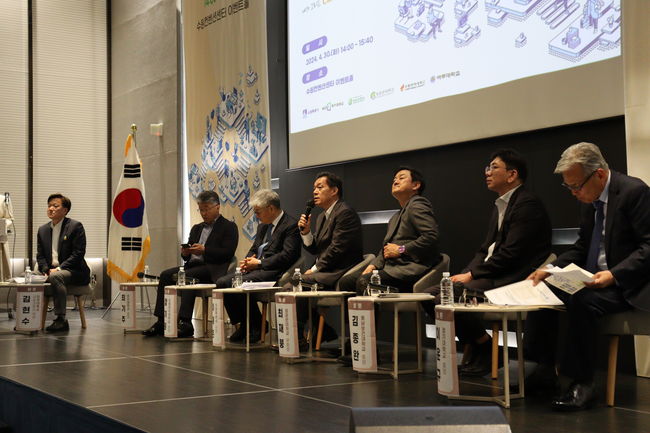 [심층보도] 캠퍼스타운, 본교 발전의 초석 될까
[심층보도] 캠퍼스타운, 본교 발전의 초석 될까
 [와이파이] 성인 엑스포, 단순 행사인가 유사 성매매인가
[와이파이] 성인 엑스포, 단순 행사인가 유사 성매매인가
 [방구석 시사회] ‘괴물 형사’ 마석도, 네 번째 진실의 방으로
[방구석 시사회] ‘괴물 형사’ 마석도, 네 번째 진실의 방으로
 [진리터] 우후죽순 발생하는 이슈, 관심으로 찾을 수 있는 권리
[진리터] 우후죽순 발생하는 이슈, 관심으로 찾을 수 있는 권리

 목록
목록




